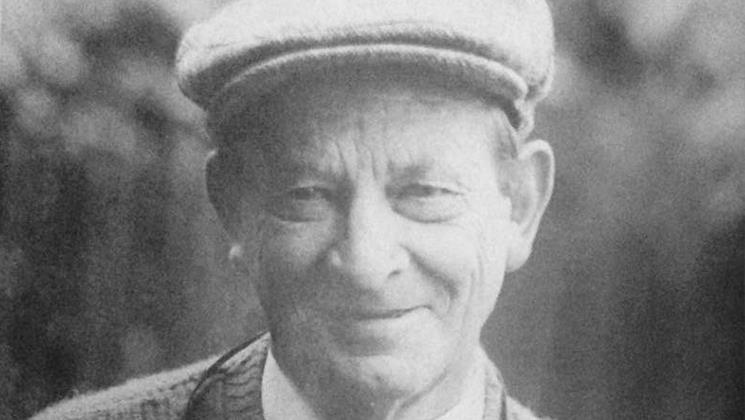
Alf Kneebone: A tribute to another time
A slice of racing history has been lost with the death at age 98 of racing scribe Alf Kneebone.
He was in many ways from another time, the type of newspaperman who is now a rarity. Alf spent a long working life in journalism, beginning as a general reporter with the Waikato Times before entering the specialist field of racing after World War ll service.
Over the next 50 years he cemented his place in what were the populous ranks of racing writers. A feature raceday pressroom in that era could number as many as 20 individuals, with major dailies having multiple representation along with various others compiling the chain of information when communication was restricted to portable typewriters and a bank of telephones for dictating copy back to the newspaper office. This was a time before faxes, race replays – most definitely cellphones and social media – had even been thought of and communication with participants was of that old-fashioned face-to-face sort.
Such was the environment in which the immensely likeable, totally unflappable and utterly dedicated little man with the half-closed eyes and mellow smile worked and thrived. From a Hamilton base his daily rounds included trackwork timing and reporting from what was in the 1950s and ’60s a vibrant Te Rapa training centre as well as the harness track at Claudelands.
Besides his typewriter and notebooks, a constant companion when he travelled was his clarinet, a challenging instrument he had learnt to play during his time in the Air Force. It was only natural that he should be an admirer of Acker Bilk and one of his favourites was the iconic jazz musician’s hit Stranger on the Shore. How we enjoyed Alf playing that very rendition when family and friends gathered to celebrate his 90th birthday in 2013.
Regular raceday coverage stretched the length and breadth of the Auckland Province and as far afield as his annual forays to the Melbourne spring carnival. Wherever he went Alf was a popular member of the press corps. He enjoyed a bet – always within his means given he and his wife Frances had a brood of no less than 12 children – and invariably shared his trackside garnerings with readers and colleagues.
I first met Alf when I entered racing journalism in the early 1970s and took a ready liking to someone I respected and from whom I got nothing but helpful advice, support and companionship. An early memory was a midweek Rotorua race meeting which I attended as a statistician and reporter for the INL stablemates Best Bets and Sunday News.
The half-dozen or so of us in the pressroom that day got the inside bully from the Te Rapa track clocker that emerging Ngaruawahia trainer Laurie Laxon had a first starter primed to win, a leggy bay gelding named Master Plan, by Candid Picture and owned by the Vela brothers, Philip and Peter.
Takanini apprentice Danny Southworth was the jockey, but a major sticking point with the doubting Thomases amongst us was the outside gate from the tricky 1200m start-point. “Don’t worry about that,” Alf reassured the gallery, “it will win.”
As the most experienced judge in the pressroom, he had to be believed, so off we all went to the tote and unloaded. There was a reasonable-sized crowd in the main stand in those pre-Trackside days and behind them all, lined up at the benches out front of the pressroom, we stood in anticipation.
What a well-named horse. Master Plan made a flier from the gates and they never got near him. The barracking started as he turned for home with a handy lead and only got louder as the post loomed. A good half of the raceday crowd turned around to witness the commotion from the press benches as we high-fived and showered our tipster hero with backslaps. As composed as ever, all Alfie could do was widen that grin.
During our stop-off that evening at Tirau’s Oxford Hotel halfway home to Hamilton, he didn’t have to put his hand in his pocket.
Alf was seven years old when iconic Kiwi-bred Phar Lap won the 1930 Melbourne Cup and with childhood memories of that defining occasion forever in his mind, in 2002 he published his experiences titled “From Phar Lap to Sunline, My Life in Racing”.
As a unique chronicle covering more than 70 years of New Zealand racing history, this was a fitting and succinct tribute not only to its human and equine subjects, but however unintentionally, to the author himself. Alf Kneebone was nothing if not modest. Tolerance, unequivocal love for his large and diverse family, and an admirable nature were other endearing qualities.
As his son Michael noted in his eulogy at Alf’s funeral Mass in Cambridge on Tuesday, his father never judged anyone. “Whether they were the rich and powerful or those battlers he met along the way, to Alfie they were all the same,” said Michael. “That was the secret to his work and to his well-lived life.







